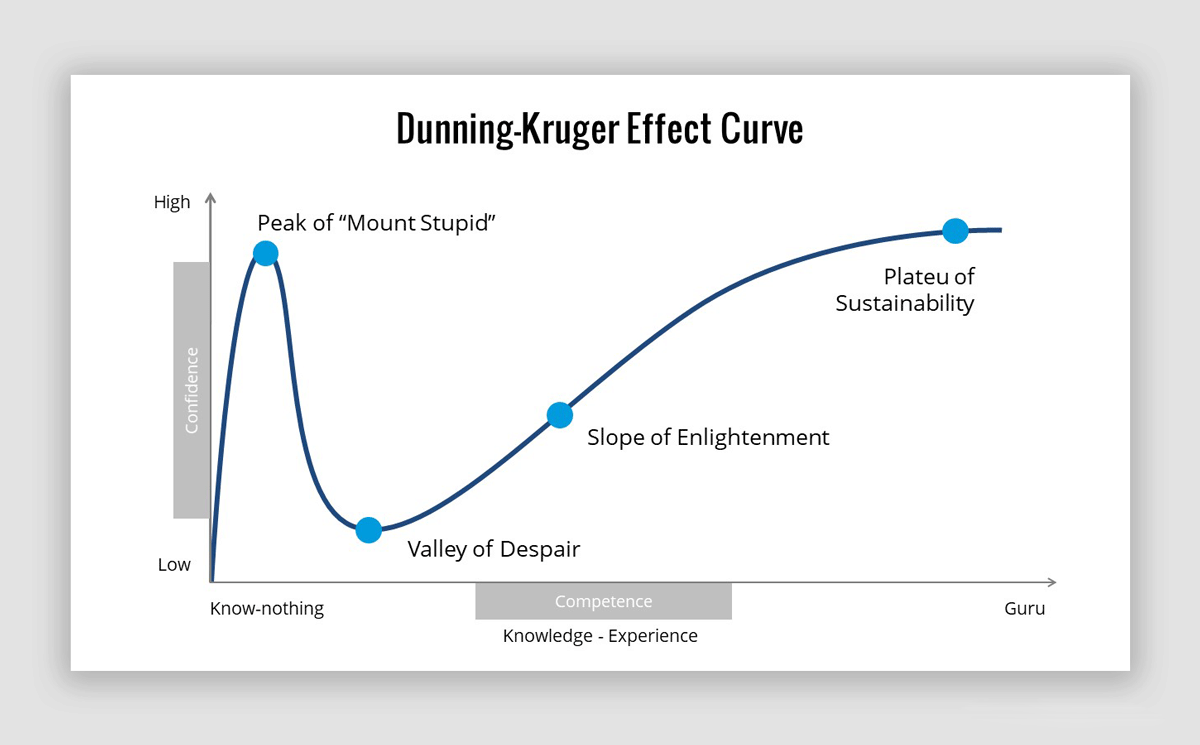Lead nurturing

Selling any product is becoming more and more difficult every year. Especially if your products aren't targeted to emotional purchases. Today, the consumer is too pampered and businesses have to encourage the client in different ways to buy from them, not from a competitor.
But how can you do that? How to make clients buy constantly, again and again?
Lead nurturing in plain language
Clients are like children.
They basically take a picture of the world of their parents. The child is completely helpless and knows nothing after birth. Parents tell children how to live. What's good and what's bad.
Children learn the world with the help of school, books, games, films, and the Internet, so their worldview is formed. You need to do the same with your clients. This is lead nurturing.
You have to make a "school for your clients", where you'll tell them how to live.
Here are a few lead nurturing cases.
The simplest is the small car models. They can be bought for a child in any store. From an early age, we wanted a Mercedes, Audi, or BMW.
I remember very well how I argued with my friend what was better: Mercedes or Ferrari. Both of us stood their ground, as we had different models.

Men grow up, so do the toys. Automobile corporations have grown their consumers in us since our childhood.
Now let's look at more sophisticated iPad cases. When Jobs returned to Apple, he immediately reduced the product line. One of them was Apple Newton.
You can search it in Google and see the first prototype of an iPad smart tablet. He cut this product with the words: "The idea is great, but it's too early. The market isn't ready. Let's create a small player with a simple interface".
So the market saw the iPod. It was the end of the 90s.
People already understood the concept of the player for listening to music. Then, after several generations of portable players, when they began to be equipped with color screens and expanded functionality, people gradually got used to this technology and began to want a bigger and bigger screen.
So, in 2007 we saw the iPhone. And only after the iPhone became an indispensable gadget, a full-fledged iPad tablet appeared in 2010, the prototype of which Apple had 10 years ago.
It was Jobs' 10-year strategy. He prepared the market and nurtured the need for a large screen. Many people mistakenly think that the iPhone came out of nowhere and conquered the market. It's not true. Consumers were prepared for this.
Of course, these are examples divorced from our reality, but the main thing is to understand the essence.
Why do you need to educate customers? In my opinion, the answer lies in the Dunning-Krueger effect.
This concept is that people with a low level of qualification make mistakes and don't realize this because of their incompetence. They think that they know everything, while competent people, on the contrary, consider themselves losers. Anyone incompetent is self-confident. Anyone competent is very unsure of himself.
If you ask the amateur: "Can you do this?" – he'll answer: "Yes, of course, I know everything." But if you say the same to a professional, he'll say that he needs some time to think.

There are 4 characteristic behaviors of incompetent people:
- They tend to overestimate their own skills.
- They are unable to adequately estimate the high level of skills of others.
- They are unable to realize their incompetence.
- After learning, they have the ability to realize the level of their previous incompetence, even if their true competence practically doesn't change.
I ask you to focus on point 4 and re-read it 3 times. This is critical and scientifically proven. This is why lead nurturing is important. This doesn't mean that people are stupid, they just don't understand what you are selling.
The same thing is in your business. Most of your clients don't even realize that they need your product, although it's obvious to you.
I had many cases when at profile conferences I talked with entrepreneurs on a coffee break and said that I sell IT solutions for marketing automation before my speech. They nodded merrily and said that they didn't need it.
At that moment, they didn't know that I would speak at the same conference.
Then I gave a lecture and showed cases, and they understood that any company needs a service to automate marketing. Then they wrote to me the emails, read my blog, and bought my products.
For me, the need for a CRM system is obvious, but it doesn't mean that such a need is formed in the mind of my potential clients. Many entrepreneurs want to build a pipeline, but they don't understand how it can be done in their business.
After consuming information, they begin to understand how this technology works. Then they begin to think in this category and imagine an implementation plan.
Knowledge gives imagination.
How to start lead nurturing
You need to train people to use your products.
Through the information you need to explain why your products or services are better than competitors have. Hold conferences, webinars, write articles, make mutual publications with bloggers.
Best of all, when an opinion leader teaches people to use your product. When a person feels the need for your product, the only criterion about a purchase decision is the price.
But if you explain to an incompetent customer why your product is needed and how it will solve problems that people don't even suspect, you'll automatically become a prophet in the minds of consumers. Then the prophet can say any price, since he got into the mind of consumers even before they realized they needed it.
Let's take the classic situation.
Selling iPhone.
Steve Jobs for many years was explaining to people why they need it, and in the end he got superprofits. He became the prophet of phones in the minds of consumers. Online shopping doesn't need to do this. Customers come to them with a ready-made need.
They compete in price, delivery, and other low margin benefits.
As a result, Apple has a huge margin, and distribution fights for every penny. But at the same time, pay attention to how brands are promoting new gadgets.
People don't know why they need Amazon Echo voice assistants.
First, the products go to bloggers who tell the audience how to use it. Now people have a need. Then retailers pay bloggers to tell where to buy this product, and next retailers satisfy the demand in price wars.
The top of the line of innovative companies is that they create something interesting. If the product is interesting, bloggers will talk about it for free, and those who sell to the final consumer will pay. Most likely, you and your product are at the end of this food chain, like retail, and compete in price.
But things are not as bad as it seems. Naturally, I exaggerate for a better understanding of the situation. Even if you sell an understandable product, you can get into the mind of consumers thanks to the information.
So large retailers do.
I have a friend who manages content marketing in a large retailer of household appliances. Almost from scratch, he raised their YouTube channel where they do gadget reviews to 500 thousand subscribers. They do lead nurturing for their consumers and bypass bloggers in the food chain.
In fact, they made their own media, which is effectively monetized.
My mother has already bought more than one piece of kitchen equipment through their newsletter. My mom was told how to cook some kind of dish. Then she was told that it can be cooked with ordinary tools, and it can also be cooked in some special steamer.
My mom isn't interested in listening about the steamer. She is interested in learning how to cook a meal.
A steamer serves as a tool that simplifies work. It seems commonplace, but we all talk about the advantages of the product, its functions. But we don't talk about cases in which this product is needed and how it is used.
My mom had a need for a steamer because of this blog, and she bought the product.
You probably ask yourself: "How can I teach people, I'm not a teacher".
I'll tell you a little secret.
You already do it but in personal conversations with clients. In live meetings or phone calls, you or your managers have explained all the benefits of your product 1000 times.
You can do it a lot easier. Write articles, create videos, hold webinars. After all, write a book.
You are reading this article now. This is a part of my book about marketing automation. This is lead nurturing itself. You didn't know about marketing automation, but soon you will understand how to implement it in your business. I teach you through information.
Believe me, in any business you can give information that will change the behavior of people. You just need to rebuild your mind on this business model. This is the difference between a good business and a bad one.
In a good one, they build a logical chain of communication, make it automatic, and only then sell it.
In a bad business - communication goes only from person to person while they make phone calls.
When entrepreneurs get results from the sales department, they have their linear thinking working. Now I have 1 manager and I earn 1x. I hire 5 managers, I will earn 5x. 10 managers - 10x.
They try to scale the system with people. Those who are more experienced have already realized that this works only at a certain stage, and then they need to apply "leverage".
To summarize this article, I want you to understand that clients need to be taught.
It can be done through information and content. Information should be consumed automatically, without the participation of people.

You have reached the maximum per-minute rate limit.
Try again in one minute.
